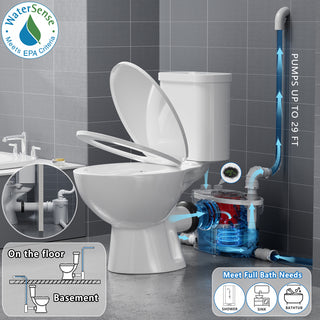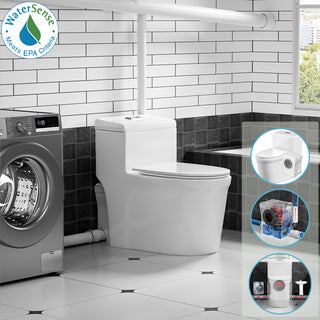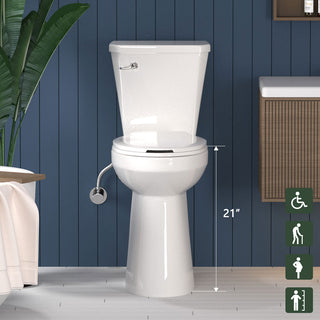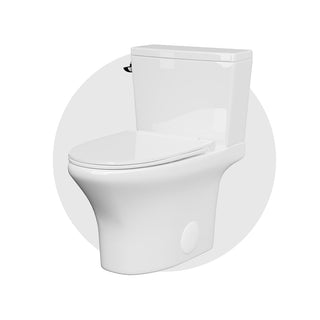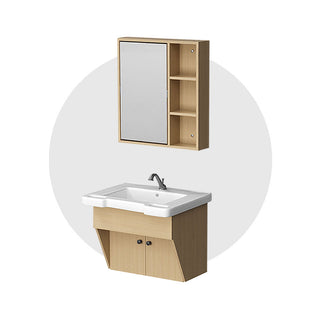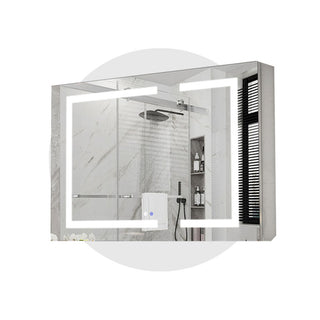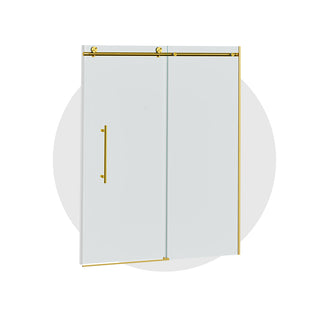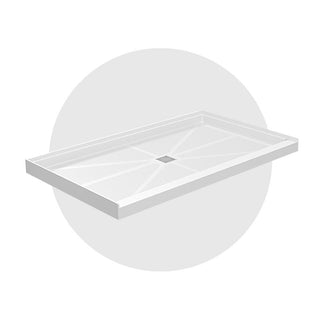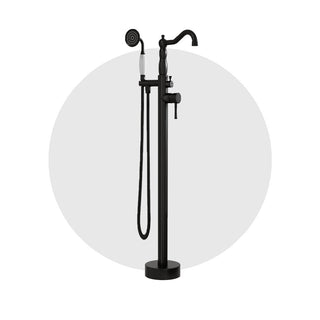Shower stalls are a key part of our bathrooms, offering both function and style. But did you know that, in rare cases, shower glass can actually explode? While it’s uncommon, the risk is real, and understanding why it happens can help you avoid potential dangers. In this post, we’ll dive into the reasons behind shower stall glass breakage, tips on how to minimize the risk, and the key standards that ensure your shower glass is safe and reliable.
What Are the Causes of Spontaneous Breakage in Shower Doors?
- Environmental Factors: Temperature changes can cause uneven pressure distribution within the glass, increasing the risk of cracking or breaking.
- Installation Issues: If the shower enclosure is not properly measured during installation, or if it is installed too tightly, it can cause uneven stress within the glass. This imbalance in stress may lead to breakage over time.
- External Forces During Use: Shower door glass is also susceptible to damage from external forces, such as impacts or excessive pressure. These factors can cause cracks or breaks, especially when the glass is hit or forced.
- Material Quality: Using low-quality glass materials—such as untreated glass or subpar tempered glass—greatly increases the chances of breakage compared to high-quality, properly tempered glass that meets safety standards.

How to Reduce the Risk of Shower Door Spontaneous Breakage in Daily Life?
- Follow Manufacturer’s Instructions for Installation and Use: Always ensure installation is done by a professional. Proper installation is key to minimizing risks of damage.
- Handle with Care During Operation and Moving: Be cautious when opening, closing, or moving heavy objects near the shower. Avoid impacts to prevent accidental breakage.
- Regularly Inspect the Shower Door: Check if the door operates smoothly and if there's any settling or misalignment. Ensure the seals are intact and working properly to maintain waterproofing and avoid additional stress on the glass.
So how should we pick a shower door and which covers should we consider?
1. Bathroom Space and Door Type
-
Sliding Door, Hinged Door (Swing Door), Folding Door, Frameless Door
For more details, please refer to another article.
2. Door Material
-
Glass: The most common material is tempered glass because it has high strength and, when broken, does not produce sharp shards. Choosing glass that is 3/8 inch (about 10mm) thick or thicker ensures higher strength.
-
Frame Material: If you choose a framed door, the frame is usually made of aluminum alloy or stainless steel, which is corrosion-resistant and sturdy. Frameless doors typically do not have a metal frame and have a cleaner appearance.
-
Glass Coating: Opting for glass with a water-repellent coating can reduce the accumulation of water spots and soap scum, making cleaning easier.
3. Sealing and Waterproofing
4. Safety
5. Cleaning and Maintenance


